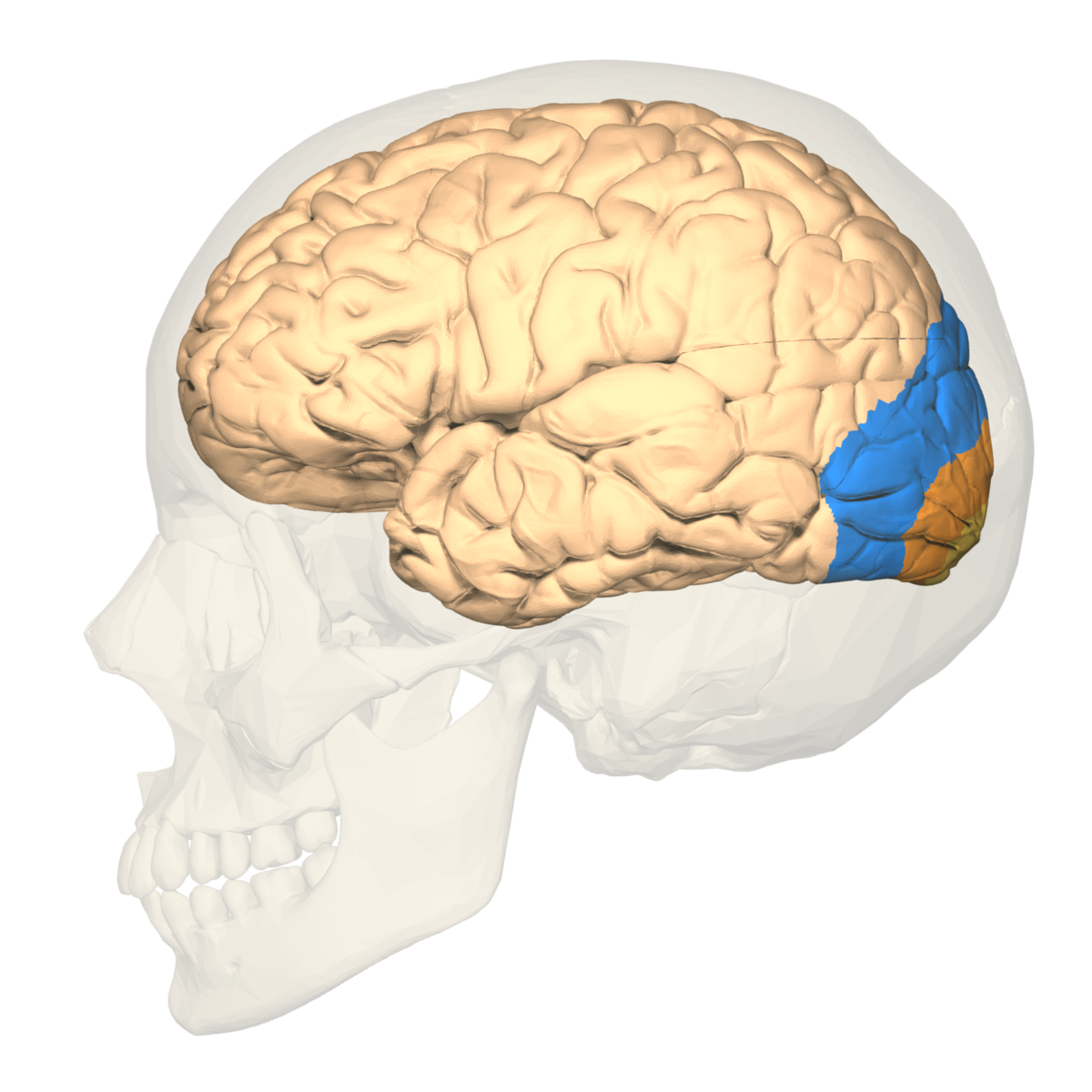Workshop Organizers

|
Noah Benson is a senior data scientist at the University of Washington’s eScience Institute. He received his B.S. from Purdue University where triple-majored in computer science, math, and biology (2001-2005) and his Ph.D. in biomedical and health informatics from the University of Washington where he studied the analysis and representation of molecular dynamics simulations (2005-2010). Since graduating, Noah has worked primarily in the domain of human neuroscience and vision with an emphasis on understanding the relationship between the anatomical structure of the brain and its function. He has worked as a post-doctoral associate at the University of Pennsylvania (2010-2014) and a research scientist at New York University (2014-2020). |
|
School of Psychology Dr. Schira is currently a Senior Lecturer in the School of Psychology at the University of Wollongong. He has a Dr. rer. nat. (Doctorate in Natural Sciences) in Human Neurobiology from the University of Bremen and Charité; University Hospital in Berlin. Mark is interested in primate early visual cortex, retinotopic mapping and high resolution structural and functional MRI. He recently started working with DWI imaging. Advanced data processing techniques are a core tool of his research. |

|

|
School of Electrical Engineering and Computer Science Fernanda is a postdoc at the Computational Imaging Group, led by Steffen Bollmann. She completed her Ph.D. in Computational Imaging at The University of Queensland in 2022. Her Ph.D. work involved developing a deep learning model capable of predicting the retinotopic organization of the human visual cortex from underlying anatomy, revealing significant interindividual variability in retinotopy across early visual areas. To tackle this and other research questions, she is leveraging her interdisciplinary background in Biophysics (Bachelor's degree; University of Sao Paulo, Brazil), Neuroscience (Master's degree; Federal University of ABC, Brazil), and now the intersection of AI and imaging. She is interested in (geometric) deep learning, vision, neuroscience, and explainable and fair AI research. |
